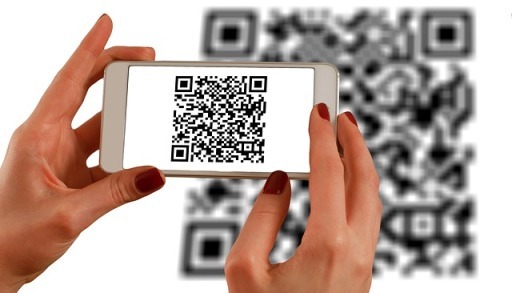
Scandit is aligning with GS1—the global supply chain standards organization—to bring increased efficiencies to healthcare management and supply chain through the use of barcode scanning on mobile devices. At the GS1 UK Healthcare Conference 2019 (April 9-10, London), Scandit will showcase how its computer vision software is already being used to save money and improve efficiency in healthcare. Leeds Teaching Hospitals NHS Trust saw a 95% improvement in cost and time efficiency when it implemented Scandit software in 114 departments as part of the UK Government’s Scan-4-Safety initiative.
Scandit has boosted its healthcare practice with experienced hires in the US and Europe who will offer their healthcare and technology expertise to organizations looking to innovate with computer vision, barcode scanning and AR:
Phillip Hadreas (USA) – During Phillip’s more than twenty years in enterprise sales, he spent fifteen years working with healthcare clients such as Stanford Medical, UCSF Medical, Dignity Health, Sutter, Mayo Clinic, and others.
Lilia Bounab (DACH, Central and Southern Europe) – For the last six years, Lilia successfully built up the EMEA healthcare organization at Datalogic. She also worked for Zebra (scanning hardware) for seven years in retail and healthcare.
Graeme Woodcock (UK and Ireland) – Graeme has worked with healthcare technology for fifteen years and was previously with Motorola Solutions in the healthcare space. He was also the Strategic Partner Manager at OpenText and the UK Sales Manager at Mobilengine.
By incorporating Scandit’s scanning software into mobile devices, healthcare organizations can replace dedicated scanners and make significant cost savings on hardware and maintenance. Substantial efficiency improvements are also gained from the increased mobility and high performance of the software, including the ability to scan multiple codes in one go and scan even in bad light or with damaged labels.
Healthcare organizations can evolve with Scandit as the technology develops, starting today with augmented reality. AR enables healthcare professionals to access critical information about things like medication, patient history and lab workups and display these details over the image of the items on a mobile screen. This can dramatically reduce errors, increase efficiency and facilitate the highest quality of patient care.
“Our current success in the healthcare market has shown that now is the time to accelerate our healthcare expansion, just like we already have in industries such as retail and logistics,” said Samuel Mueller, CEO of Scandit. “Healthcare is a perfect fit for Scandit since scanning accuracy is so critical in that industry.”
Source: Company Press Release






